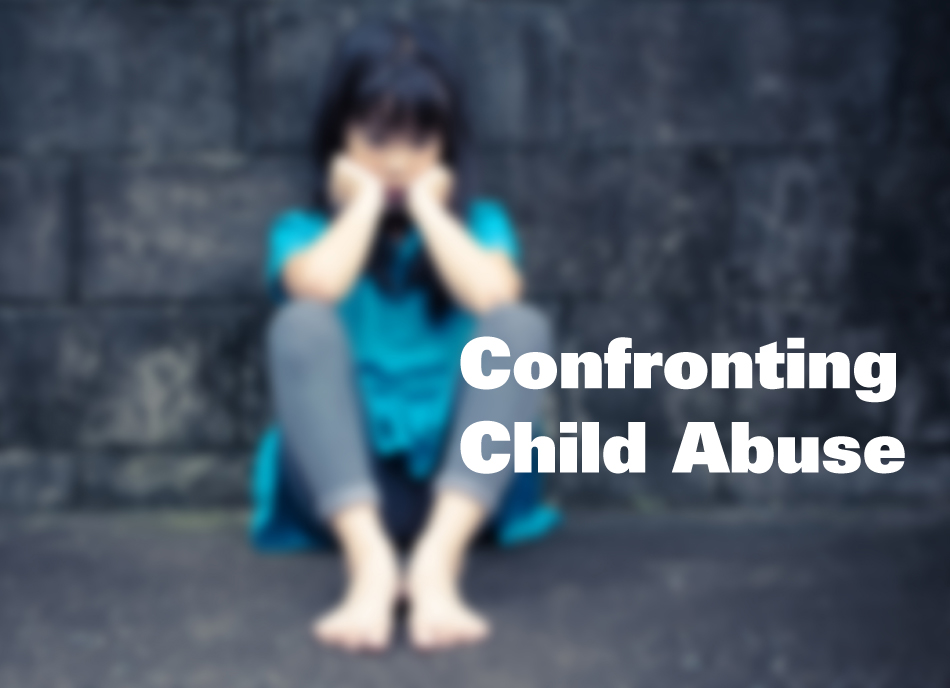April is Child Abuse Prevention Month: What You Can Do To Help Protect Children

It should not hurt to be a child. Yet each year in the state of Arkansas, thousands of children are found to be victims of child abuse and neglect, and those are only the cases that are recognized, reported and investigated. There is no question that child abuse is a problem in our state. But what can families do to recognize, report and combat this awful trend? Plenty.
Foundation
Every strong structure, including a family, needs a firm foundation. Many things can happen to stress and even fracture the family foundation. The stressors within a family that are often associated with children being at risk for abuse and neglect include substance abuse, domestic violence, undiagnosed or under-treated mental health issues, a history of abuse within the family (especially if it was never addressed) and anger/impulse control problems. When a family already dealing with some of these stressors takes on additional burdens like loss of employment or caring for a child with a mental or physical disability, the end result for the child can be painful. Of course, not all children who live in families who are enduring struggles will become victims of abuse, but these are the situations that increase their risk.
Recognition and Reporting
Sometimes it is easy to recognize a child who has been abused. He or she may have noticeable injuries or may disclose to a friend that abuse has been occurring. However, it is often difficult to recognize abuse.
Serious physical abuse is most common in infants and toddlers. At this stage of development, children can’t talk and are not out of the home as often as school-age kids. This decreases the chance that someone will see injuries and recognize a problem.
Older children who can communicate better, whether pre-schoolers or teens, often have a difficult time disclosing abuse. Even though children are often taught the rules of “stranger danger,” the truth is that most of the time child abuse occurs, it is by someone well-known to the child. This doesn’t have to be a family member.
Children have difficulty understanding the “right and wrong” aspects of how healthy relationships should look if that concept has not been taught and modeled to them. They are also very susceptible to accepting guilt and blame for a situation that is not their fault, and can be easily intimidated. These aspects of child development make it easier for them to become victims at the hands of someone they know they should be able to trust.
Signs that may suggest a child is in an abusive situation include:
- Sudden change to poor school performance
- Frequent absences from school without clear reason
- Problematic sexual behaviors such as initiating sexual contact with younger children or becoming angry when an adult tries to re-direct them from inappropriate sexual touching
- Fear of their parents
- Unwillingness to change clothes for gym class
- Recurrent unexplained injuries
Remember, other types of trauma or behavioral challenges can also result in some of these same behaviors. If you suspect child abuse or neglect in Arkansas, there is a statewide child abuse hotline: 1-800-482-5964. The caller may remain anonymous, but the hotline will need as much information as possible to be able to locate the child and family.
How to Help
- Report child abuse to the hotline when it is suspected.
- Encourage your children to tell you if someone makes them feel strange or scared.
- Pay attention to the activities and behaviors of the peers and adults in your child’s life.
- Use open-ended questions when talking with children about the potential of abuse. Do not use leading questions or try to make them feel guilty for not disclosing.
- Volunteer with community parent education or mentoring groups.
- Become a foster parent with the Department of Human Services.
Additional Resources
NationalCAC.org
PreventChildAbuse.org
ARChildrens.org
FosterArkansas.org
